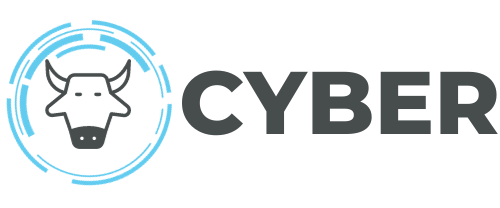Cybersecurity doesn’t have to feel intimidating or technical. In today’s digital age, even small changes in your habits can make a big difference in keeping you safe online. Whether you’re shopping, browsing, or posting on social media, everyday actions can have cybersecurity implications. This guide breaks it all down into practical, easy-to-follow tips tailored for non-tech experts.
Protect yourself in a digital world tips—no tech jargon required:
Spotting Fake Reviews and Ratings Online
Ever been lured by glowing product reviews? Scammers often flood websites with fake reviews to boost sales of low-quality items. To avoid falling for these, look for the following:
- Generic language: Reviews that feel vague or overly enthusiastic without specifics.
- Repetitive phrases: Similar wording across multiple reviews may indicate bots.
- Suspicious accounts: Check the reviewer’s history; fake profiles often lack a review track record or use generic names.
Recognising Imposter Social Media Accounts
Imposter accounts mimic trusted brands or personalities to scam followers. Protect yourself by:
- Verifying official accounts: Look for blue or verified badges.
- Checking follower count and activity: Authentic accounts are usually more active and have a substantial follower base.
- Avoiding direct messages asking for personal details or payments.
The Hidden Dangers of QR Codes
QR codes make life easier but can also be a trap. Scammers can embed malicious links in QR codes to steal your data. Before you scan:
- Ensure the source is reputable, like a trusted business or organisation.
- Use your phone’s built-in scanner or an app that checks the safety of links.
- Avoid QR codes in unsolicited emails or random public places without context.
Cyber Safety During Holidays or Travels
Whether you’re on vacation or visiting loved ones, public charging stations can be risky. These stations might be used for “juice jacking,” a technique that transfers malware to your device. To stay safe:
- Use a USB data blocker or carry your own power adapter.
- Stick to your own chargers and avoid borrowing from unverified sources.
- Be cautious when connecting to public Wi-Fi; consider using a VPN for secure browsing.
Beware of Over-Sharing Online
Oversharing can unintentionally give scammers valuable insights. For example:
- Announcing holidays: Thieves can target your home if they know you’re away.
- Posting receipts or tickets: These can reveal sensitive details like barcodes or confirmation numbers.
To protect your privacy:
- Review your social media privacy settings regularly.
- Limit what you share publicly, especially location-based posts.
Cybersecurity for daily life is about being mindful, not necessarily tech-savvy. By adopting these practical tips, you can build a digital safety net that protects your information without complicating your routine. Remember, it’s the small, consistent actions that keep you secure.
Ready to level up your cybersecurity awareness? Let us know what you think, and share your own tips in the comments! Together, we can make the digital world safer for everyone.

